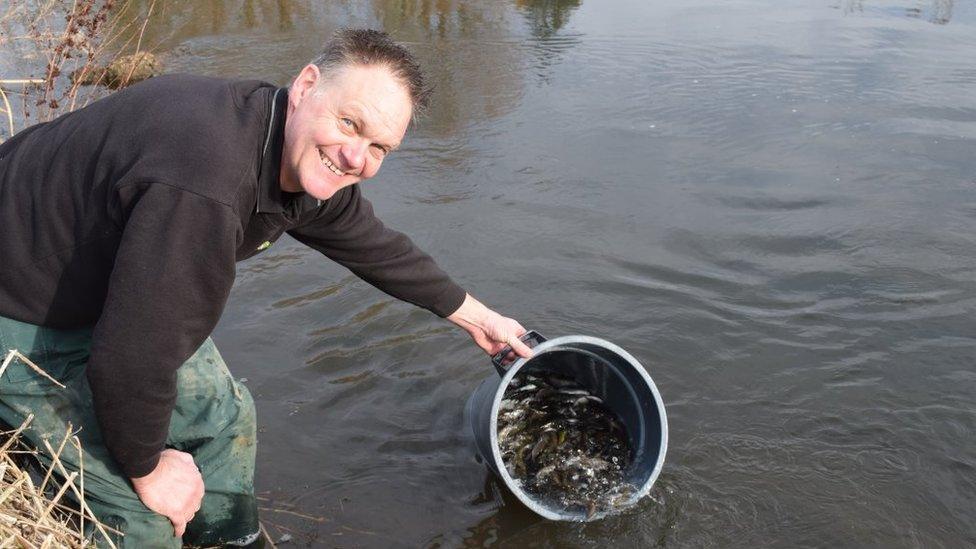Darlington: Old sewage system 'will not cope with new houses'
- Published
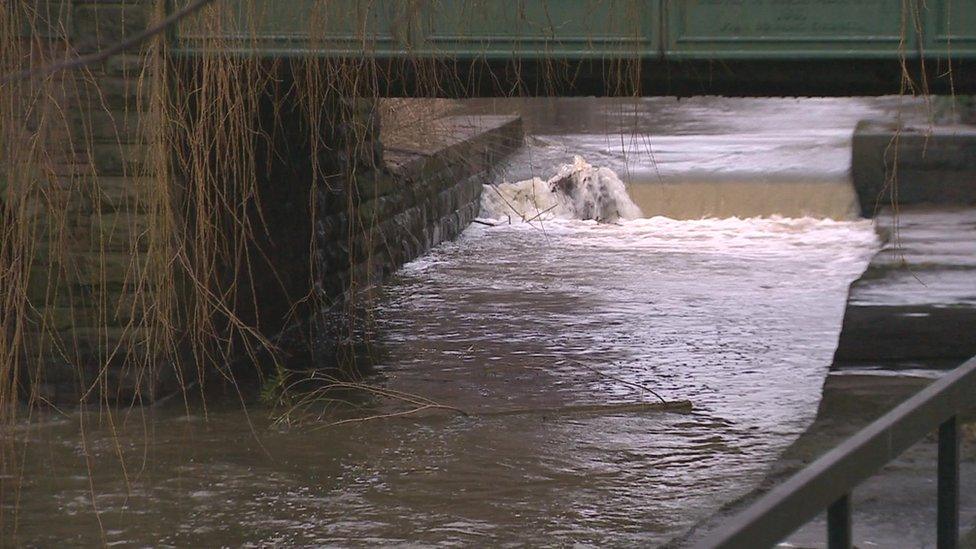
Conservative MP for Darlington, Peter Gibson, said he had assurances from Northumbrian Water that the system could cope
A 1930s sewage system will not cope with plans to build 10,000 new homes in Darlington, it has been claimed.
Darlington Borough Council plans to build the homes over the next 12 years to "invest" in the town's growth., external
However, there are concerns that the sewage system will not be able to cope with a growing population.
The council said the Environment Agency and Northumbrian Water had not raised any concerns and that the plan had been assessed by an independent inspector.
Conservative MP for Darlington, Peter Gibson, also said he had assurances from Northumbrian Water that there was "sufficient capacity" within the system to cope with new homes.
"There is huge pressure on housing here in this town and we need to build more homes," he added.
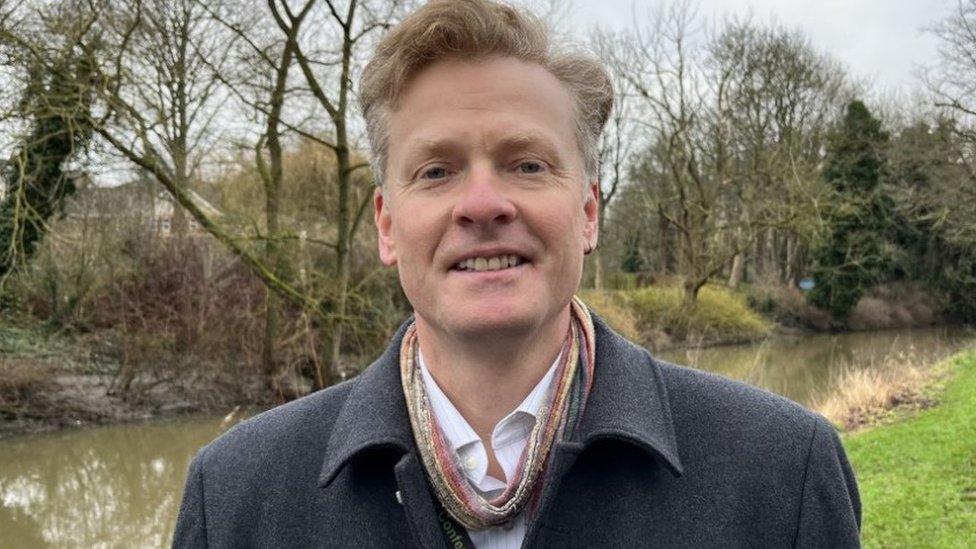
Green Party town councillor, Matthew Snedker, said the town's sewage capacity was "already over the limit"
The town's Green Party councillors said the current system could not cope with more waste and the scale of building planned would cause environmental damage to the River Skerne.
Green Party town councillor, Matthew Snedker, said: "There are 24,000 more people planned for Darlington and we already know the sewage is over capacity, there isn't room for more sewage in the system."
He said the town's sewage treatment works needed to be upgraded before more homes were built.
'More pollution'
Ken Maddison, a retired sewage worker with 34 years' experience, said a 1930s sewage system would not be able to cope with 21st Century housing demands.
He said he had spotted build-ups of diluted sewage in the river.
He also said that when the local sewage works was rebuilt in 1939, Darlington had a population of 50,000 and the current population was now about 107,000.
"More houses would mean more pollution coming into the Skerne and ultimately the Tees," he said.
"The capacity of the treatment works needs to be improved."
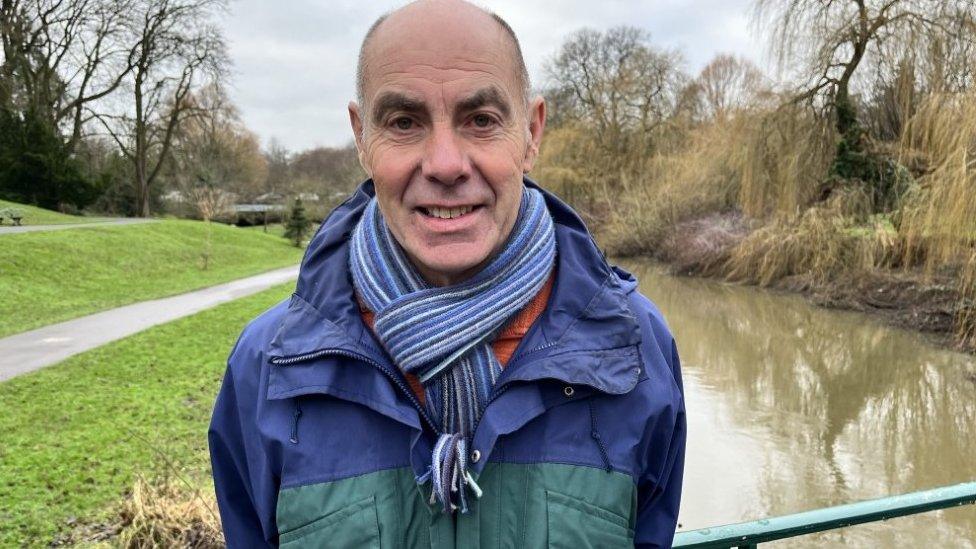
Retired sewage worker Ken Maddison said that more homes would cause more pollution into Darlington's water courses
A council spokesman added: "The local plan requires development to be capable of being accommodated by existing or planned utilities, including sewage disposal.
"We rely on the utility companies responding to consultations on planning applications on a site-by-site basis.
"The planning process requires the council to undertake formal consultation with those bodies who are responsible for the provision and the monitoring of wastewater.
"The council, when granting planning permission for housing, always ensures that it is conditional on effective capacity being available either in terms of infrastructure and capacity at local treatment works."
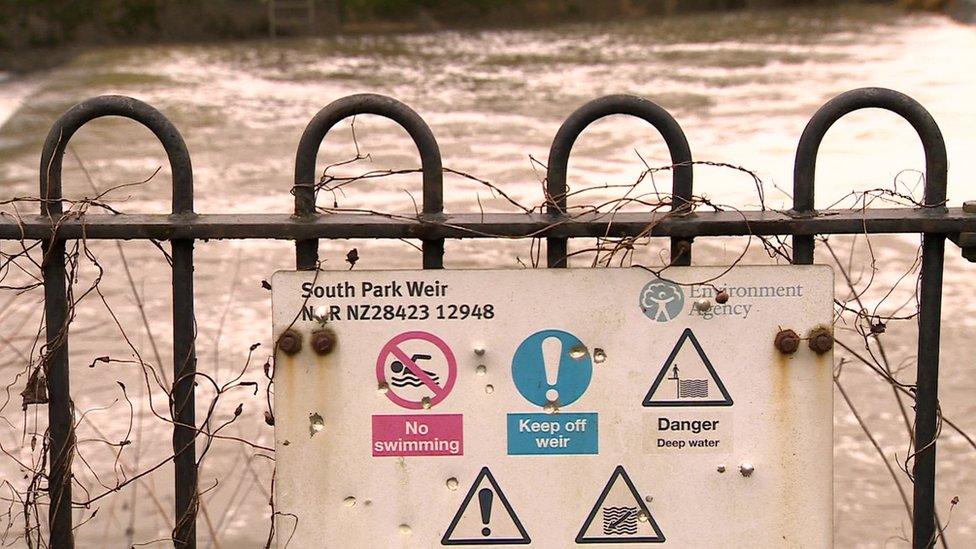
The council said it was consulting bodies responsible for monitoring water waste
A spokesperson for Northumbrian Water said it would continue to provide consultation responses to existing and future planning applications and their "impact on current assets."
"We will continue to discuss development matters through the developer forum and continue to act as a statutory consultee when they review their current local plan," the spokesman added.
The Environment Agency has been approached for a comment.

Follow BBC Tees on Facebook, external, X (formerly Twitter), , externaland Instagram, external. Send your story ideas to northeastandcumbria@bbc.co.uk, external.
Related topics
- Published5 June 2023
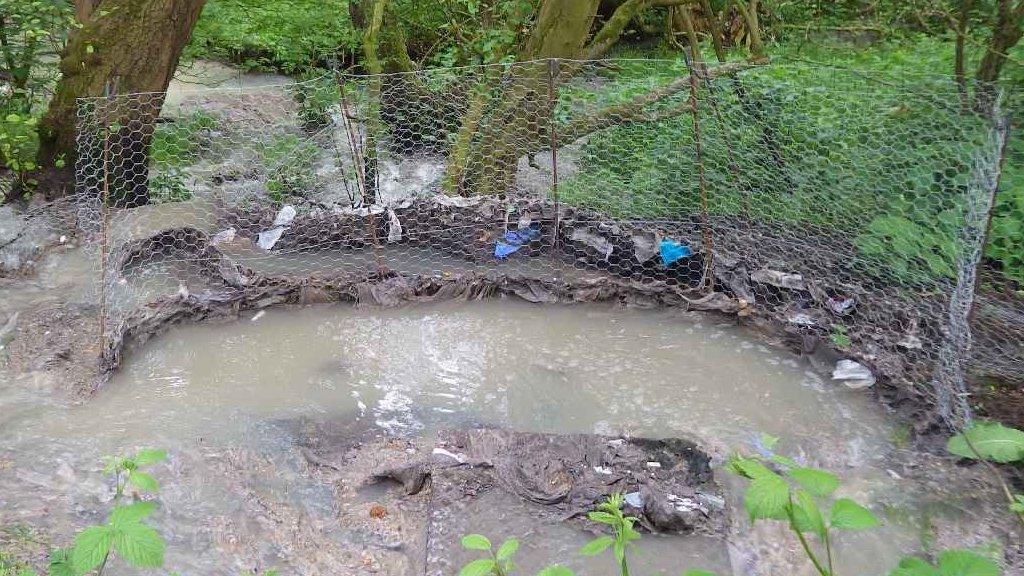
- Published31 October 2015
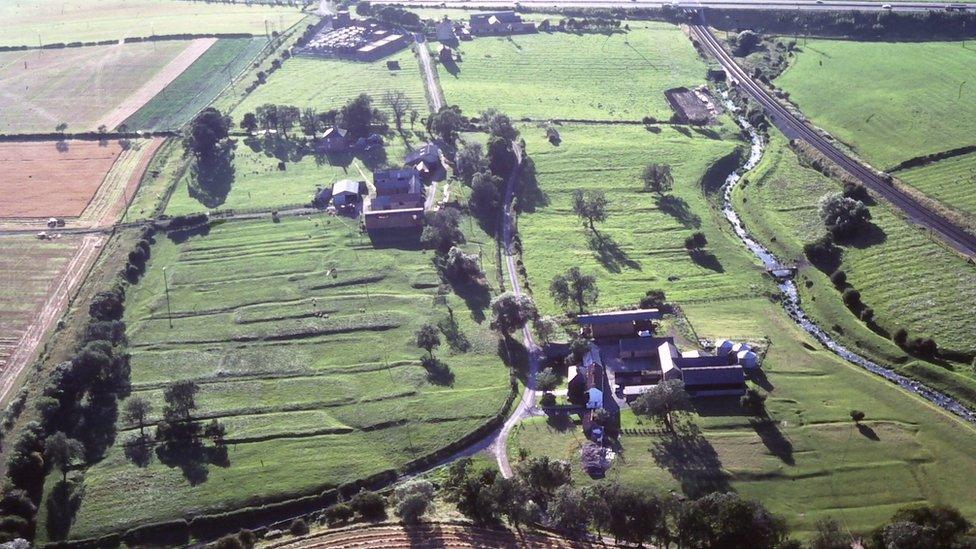
- Published3 June 2018
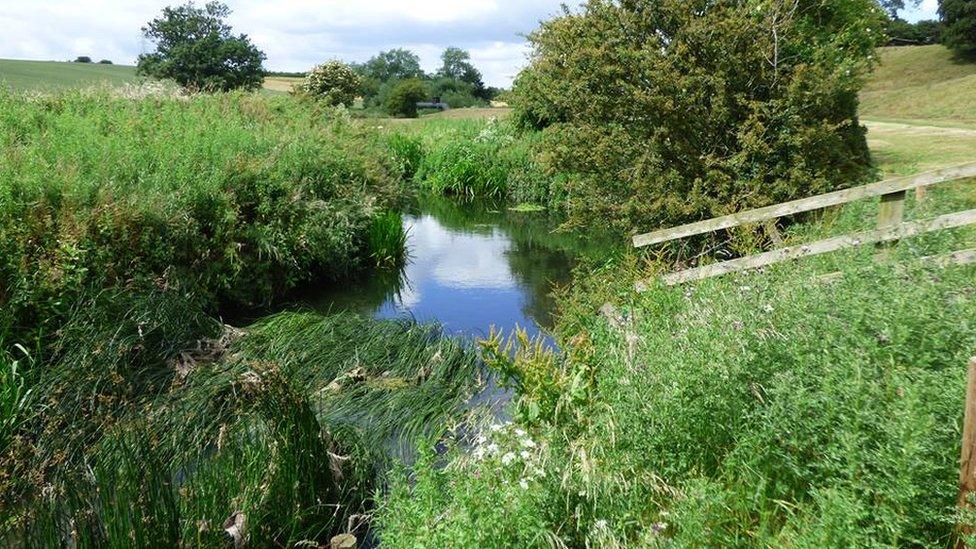
- Published16 February 2019
